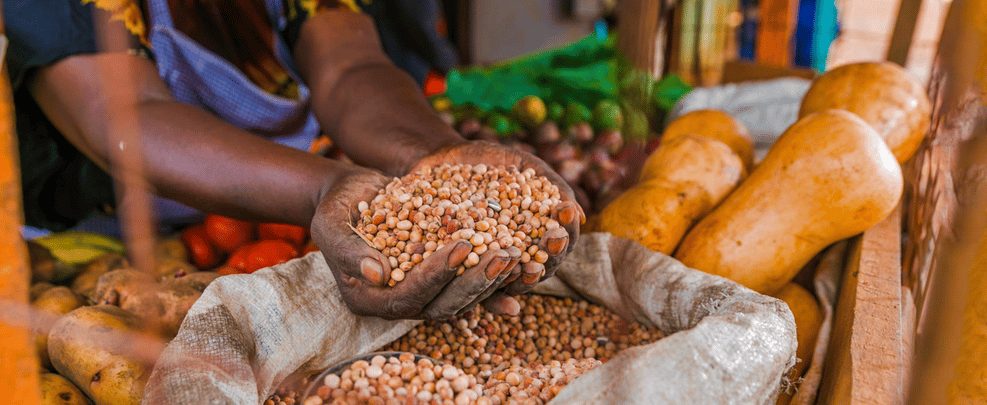Dr Peter Oberem, Bizcommunity, 27 July 2020, photo credit: African Development Bank
We need to consider all historical factors if we want to provide safe and secure food for future generations.
Man and earth have evolved over time. The first settled agriculture and domestication of sheep and goats, 12,000 years ago, brought significant changes to the lifestyle of humans, including a much less varied diet (mainly wheat and some meat) than that of the early hunter-gatherers. Work involved far more repetitive tasks leading to joint pain and back troubles, as well as teeth that wore down as a result of sand in wheat in products.
More cooked food, as opposed to raw food, was eaten, resulting in vitamin and mineral deficiencies and people being smaller with conditions like weaker bones, anaemia and scurvy. All this over a period of 12,000 years, a far cry from the diet and activity level of our ancestor species over the previous 2.5 million years.
In addition to this, the further effect of urbanisation and a relatively stable diet tremendously increased the human reproductive rate, further placing the emphasis on where our food will come from.
Read more
The South African Pork Producers’ Organisation (SAPPO) coordinates industry interventions and collaboratively manages risks in the value chain to enable the sustainability and profitability of pork producers in South Africa.
















